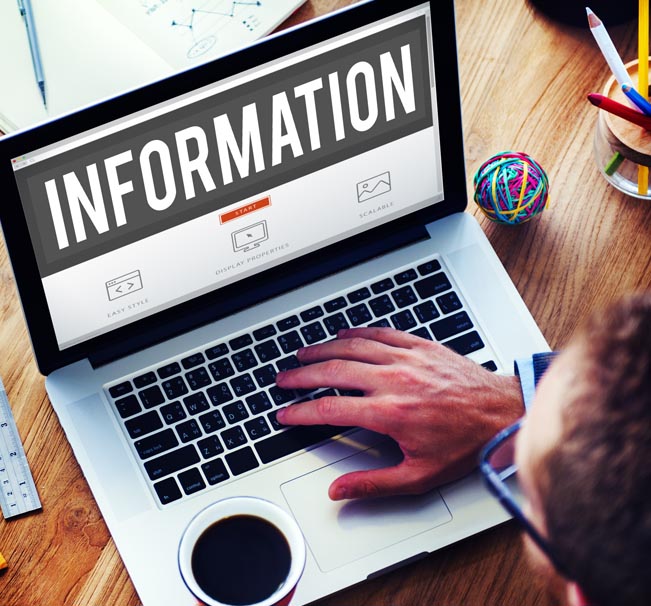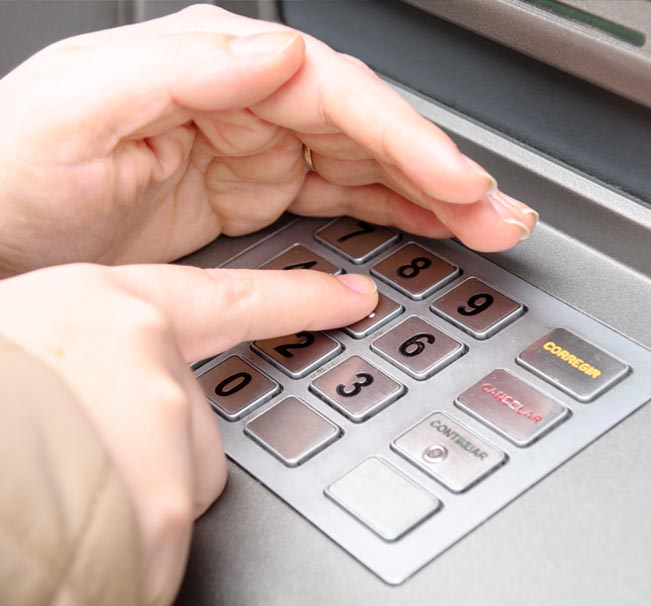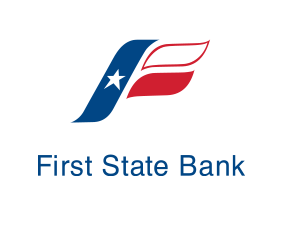
How can someone steal your identity?
Identity theft occurs when someone uses your personal information such as your name, Social Security number, credit card number or other identifying information, without your permission to commit fraud or other crimes. Identity theft is a serious crime. People whose identities have been stolen can spend months or years – and their hard-earned money – cleaning up the mess thieves have made of their good name and credit record. In the meantime, victim may lose job opportunities, be refused loans, education, housing or cars, or even get arrested for crimes they didn’t commit. The Federal Trade Commission has an excellent website explaining identity theft, tips on minimizing your risk, and actions to take if you become a victim of identity theft. We encourage you to visit the following Federal Trade Commission web sites to minimize your risk of this growing crime.
First State Bank suggests these steps to prevent Identity Theft:
- Never divulge your personal information unless YOU initiate contact with company or person you trust. But remember, in order to serve your banking needs and comply with federal anti-terrorism laws, your banker is required to have your social security number.
- Don’t carry around more checks and credit cards than you need.
- Use a shredder when discarding canceled checks, credit card applications and receipts or other financial information.
- Never leave you purse or wallet in the car, even if it is hidden.
- Contact your bank immediately if suspicious withdrawals or transactions appear.
- Don’t put your credit or debit card account number on the Internet unless it is encrypted on a secure site.
- If your credit card statement doesn’t arrive on time, contact your credit card company to make sure no one has stolen your statement and is making unauthorized charges in your name from another location.
- If someone calls posing as an employee of your bank asking you to verify your account number, HANG UP!! Your bank already has your account number.
- Don’t carry your social security number in your purse or wallet
- Don’t put outgoing credit card payments in a home mailbox. Hand them to your postal carrier or deposit them at the post office.
- Check your credit reports once a year.
- Never write down PINs and Passwords. Be careful at ATMs and when using your ATM, debit, or credit card. “Shoulder Surfers” can get your PIN and gain access to your account.


Additional safety precautions at the ATM:
- Protect your debit card just as you would your cash, credit cards and/or checks.
- Immediately notify your bank if your debit card is lost or stolen.
- Keep your Personal Identification Number (PIN) a secret; never write it down, especially on your card.
- Be aware of your surroundings, particularly at night. If you observe or sense suspicious persons or circumstances, do not use the machine at that time.
- Have your debit card ready and in your hand as your approach the ATM. Do not wait to get to the ATM and then take your card out of your wallet or purse.
- Visually inspect the ATM for possible skimming devises. Potential indicators can include sticky residue or evidence of an adhesive used by criminals to affix the device, scratches, damage or crooked pieces, loose or extra attachments on the card slot, or noticeable resistance when pressing the keypad.
- Be sure no one can see you when entering your PIN. Use your hand or body to shield the ATM keypad as your enter your PIN.
- Keep your account information confidential and always take your receipt. Do not display your cash.
- When using the drive up ATM, be sure that your passenger windows are rolled up and all doors are locked.
- Park close to the ATM in a well-lighted area. If the lights are not working, do not use the ATM
- Be aware of overgrown shrubbery or trees that may block the view of the ATM.
